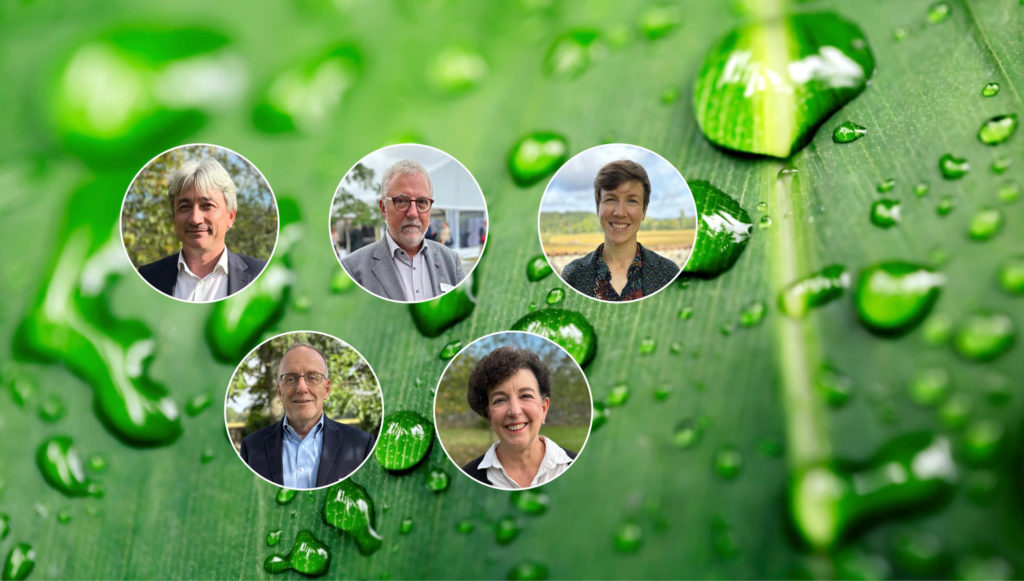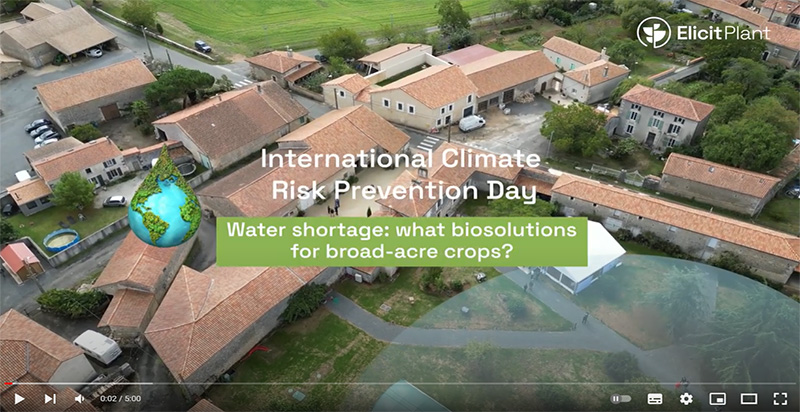“Agriculture is based on crop production. We use it to feed us humans directly, or supply it to animals which, in turn, feed humans,” says Aymeric Molin, Co-Founder and COO of Elicit Plant. “It all starts with crop production. Yet, the driving force behind crop production is and always will be photosynthesis, and water is needed for this to work. As soon as water resources diminish, biomass production and yields are affected. This logically penalizes the entire system, clearly demonstrating the close link between water availability and agricultural productivity.”
Biosolutions market expert Dr Mark Trimmer adds that we can expect broad-acre crops all over the world to be increasingly confronted with episodes of water shortage. “Drought stress and heat stress for crops is becoming more and more common,” laments the CEO of Dunham-Trimmer. “We’re seeing it occurring in the US, in Europe, in Asia and Latin America on a more frequent basis and it’s causing significant production issues for growers in those areas.”
With this in mind, Dr Trimmer points to a lack of effective tools available to growers to deal with these kinds of stresses. According to the specialist, very few products on the market have the capacity to help crops cope with a prolonged decline in water resources. He notes that irrigation is still an option, of course, but there is less room for maneuver today because of restrictions and regulations. “Varietal selection and choosing crops better suited to dry conditions offer effective leverage but with unpredictable results, and they need to be considered well in advance of the season,” he explains. “Compared with these traditional solutions, phytosterols, along with their advantages, look set for a bright future!”



